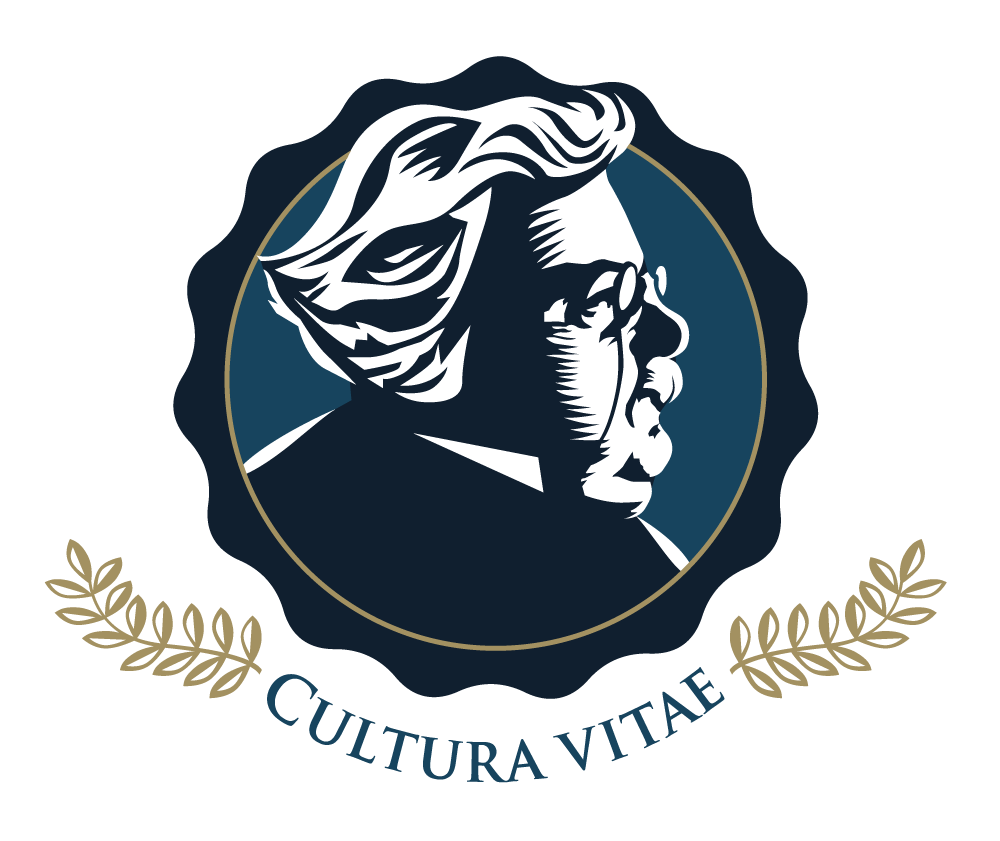Science 09 -Astronomy & Introductory Physics
“Twinkle, twinkle, little star, How I wonder what you are.” This nursery rhyme encapsulates the spirit of astronomy, in that the driving passion behind astronomy has always been wonder -the desire to know. Humans have always been gazing into the heavens, captivated by such an encounter with the infinite, the unknown, the Divine. The seven liberal arts of a classical curriculum, divided into the Trivium and Quadrivium, have been heralded for millennia as the means by which humans are able to understand and articulate the orderly relationships that exist in reality. As part of the Quadrivium, Astronomy is the art that seeks to perceive the ideas of number and quantity as they can be applied to space and time. Beginning around 500 B.C., the Ancient Greeks and those who succeeded them practiced this art on their quest to discover the eternal laws underlying the cosmos. Throughout the history of Western Civilization, astronomy and its resulting discoveries have not only played a pivotal role in the realms of human thought and culture, but have also single-handedly paved the way for the modern physical sciences. In this class, students enter into this story, embarking on a journey of discovery that spans over two millennia. With a foundational understanding of how the laws that govern physical reality were discovered, students are not only prepared for further study in physics, chemistry, and biology, but are better equipped to perceive and internalize this order in their own experience of the world.
Science 10 - Biology
The discipline of Biology inquiresinto the mysterious and awe-inspiring nature of life itself. “Biology,” literally the “study of life,” explores living systems at all levels of complexity, from cells and bacteria to plants and vertebrates. Beginning with a closer look at life on a cellular level, students in this course then progress to genetics and evolution, and finish with a study of life at the level of organisms. A detailed look at the diversity and varied complexity of invertebrates and vertebrates precedes the study of human anatomy, which segues into a study of the relationship of humans to the rest of the biological world. Students will complete numerous dissections that correspond to the main organ systems of the human body, and will participate in labs to reinforce fundamental biological principles. This course also addresses certain biological issues in light of matters of faith. The topics of creation, evolution, stem cell research, abortion, human cloning, and genetic engineering are brought into dialogue with principles of tradition and revelation through the reading of the Catechism of the Catholic Church as well as relevant papal documents. Amidst a landscape strewn with controversy and confusion, discussion of these topics helps inform and equip students to confidently defend a Culture of Life in an age when the dignity of life is under constant attack
Science 11 -Chemistry
Science 12 - Physics
Chemistry is the study of matter and energy at the scale of atoms and molecules. In our chemistry course, students learn the principles of physical and organic chemistry, which allows students to make sense of the physical materials and processes relevant to daily life and modern applications of science. Chemistry also provides students with a fuller understanding of the chemical principles that underlie the marvelous phenomena witnessed in biological systems.
Classical physics is an introductory course in Newtonian physics, electricity and magnetism providing a foundation for all subsequent education in science, medicine, and engineering. The fall semester teaches kinematics, Newton’s Laws of Motion, and conservation of momentum and energy, ending with rotational equilibrium problems. The spring semester formalizes basic observations in electricity and magnetism, applying them to problems involving rudimentary DC and AC circuit diagrams.
